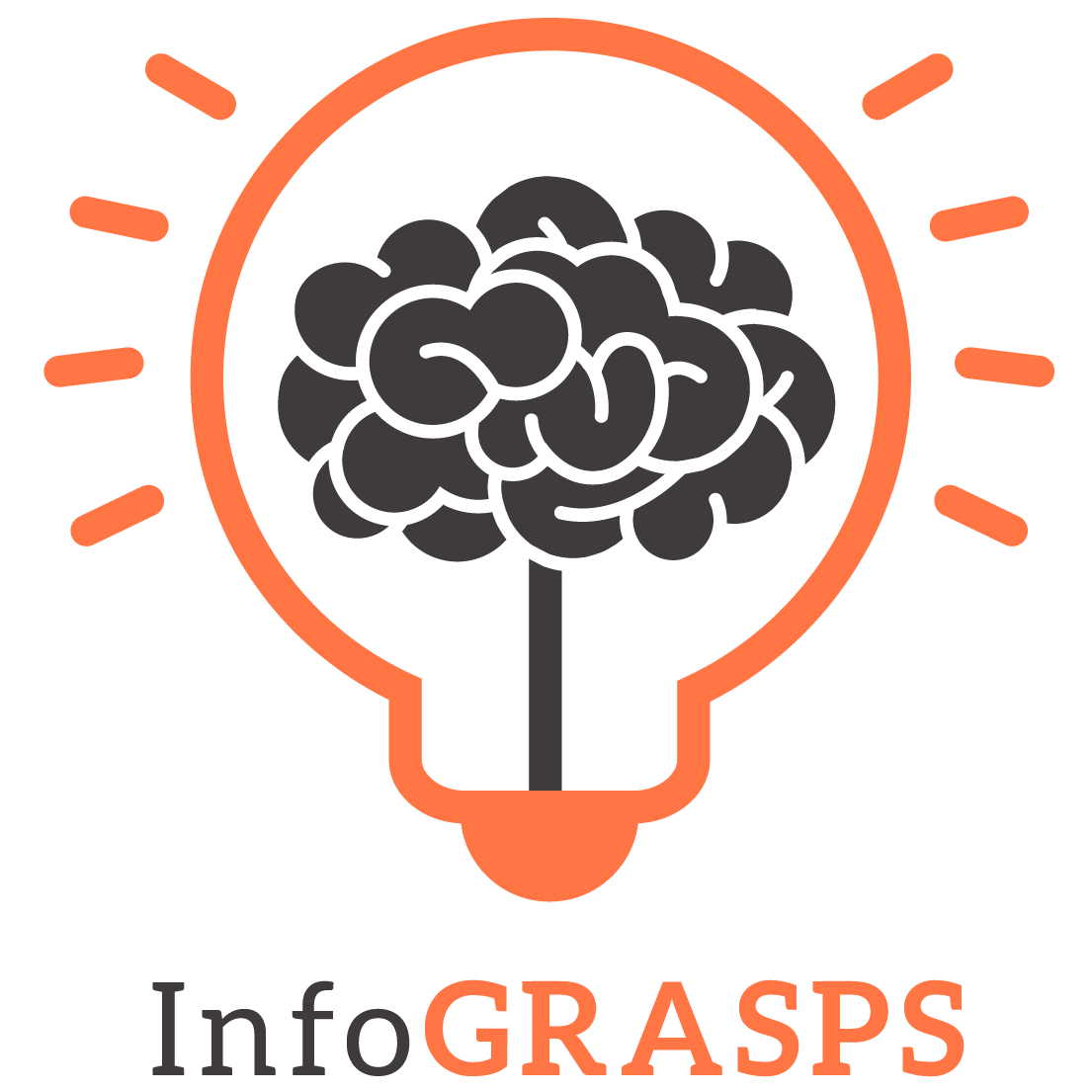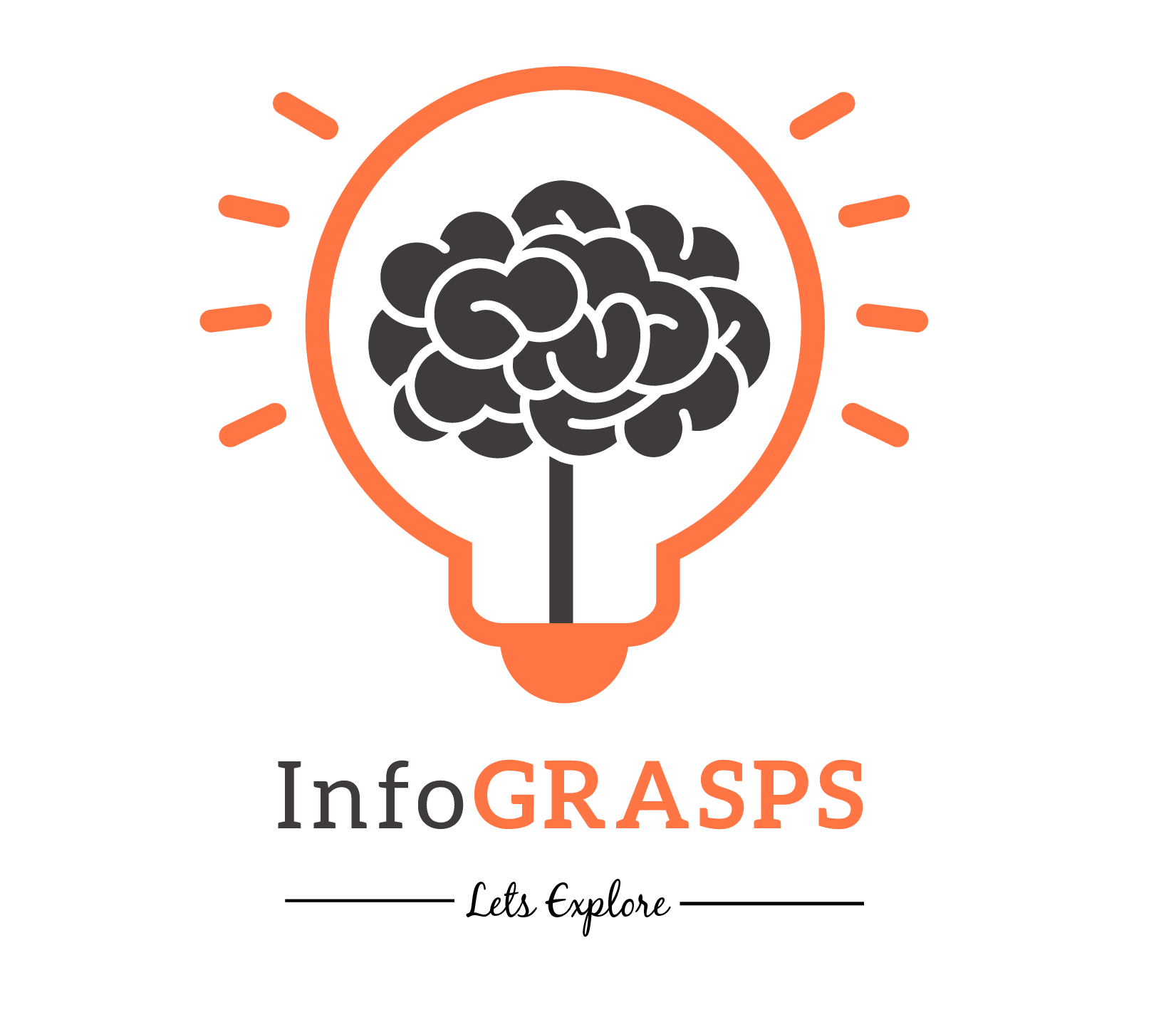Marketing Opportunities Research
Marketing Opportunities Research and Search Engine Optimization are critical to market success. Research-driven optimization completely out-powers guess SEO. The internet marketing landscape is still radicalizing: users are demanding
- More privacy
- Trust
- Factors
- More Content
What top marketers are realizing is that keyword research and analysis of marketing opportunities play a vital role in driving traffic and ensuring profitability. This secret will provide the insight needed to make your online marketing efforts the absolute best they can be.
Major Types of Marketing Opportunities
Analysis of marketing opportunities by many analysts and researchers showed that the major and most useful types of marketing opportunities analysis are
-
Consumer Segmentation
-
Direct Competition Analysis
-
Purchase Situation Analysis
-
Indirect Competition Analysis
-
Foreign Market Analysis
-
Analysis of Other Industries
-
Environmental Analysis
-
Analysis of Complimentary Services and Products
Marketing Opportunities Analysis
Analysis of marketing opportunities is a process that evaluates the attractiveness of basic business opportunities. Often customers have great product or marketing ideas. But after researching people or marketers find out that their great upcoming idea has become a little late to the market and they have missed the great window of chance or opportunity.
Between 1902 and 1910, George B Waldron who was working at Mahin’s Advertising Agency in the United States used tax registers, city directories, and census data to show advertisers the proportion of educated vs illiterate consumers.
Possible Means for Increasing Profits as a Marketer
Marketers are using Google AdWords as a means of generating traffic and increasing profits. Keyword skills are developed through extensive marketing research projects. Marketing opportunities analysis is also considered as a good approach to increase profits by some marketers. However, there is a difference between keywords used for Search Engine Optimization and those used in a PPC campaign.
This difference also leads to a significant disconnect between keyword skills and marketer skills. Without the ability to drive traffic and establish the intent of a visitor, your PPC strategy may not be able to generate the desired results. Marketers also need to understand different types of marketing opportunities for the betterment of profits and more understanding of work.
Competitive Intelligence
Marketers need to understand how their competitors are engaging with their audience. The most successful marketers understand the need for competitive intelligence. Competitive intelligence encompasses a wide array of core competencies including:
- Competitor analysis
- Segmentation
- Market segmentation and measurement
- Quality management and insights
According to Christina, competitive analysis is that company must know their competitors which have the same common services and products
When you engage in a marketing research department, it becomes imperative to include this important component. After completely understanding the types of marketing opportunities, marketers should understand competitor analysis. Competitor analysis is the basis of creating new and innovative products, services, and business models.
According to Jon Miller, VP of marketing for Google, “The research we do provides a foundation for what we do… Users tell us what they want, what they’re tired of, where they are searching, which sites they are likely to come back to and what they do when on our websites. We then build on these insights into products, services and even social networks that help people connect with each other.” These insights are gleaned from billions of data points collected by the marketing research department. B2B buyers require the same foundational tools and techniques to develop their own user research competently.
Need of Qualitative Research as a Marketer
Qualitative research is not the same as analytical skills. Qualitative skills require the ability to listen effectively and decipher messages accurately. Marketing and B2B buyers require the ability to sift through the masses to find the voice of the consumer at the heart of all consumer needs. The ability to identify individual customer needs and desires takes years of practice and education. Marketers who lack the skills of qualitative research may not have the foresight needed to develop products and services that truly benefit consumers.
According to Miller, “We start collecting research data about six months before we start a marketing campaign… It’s like collecting goldfish…You don’t know when the fish will bite.” In order to take advantage of golden opportunities, marketers need to jump on them earlier. Marketing research data reveals trends in behavior and interaction with customers at different stages of buying decisions, product insight, and brand loyalty. With quantitative and qualitative tools to work with, it becomes much easier to generate actionable insights that can ultimately shape a company’s future growth and competitive positioning.
Major Benefits and Comebacks of Good Marketing Research
Marketing research can be used for a variety of things.
- Marketers can utilize insights research data analysis:
- To understand target audiences
- Understand target marketing signals
- Develop campaigns
- Gauge return on investment
- Companies can also utilize digital marketing campaigns and online reputation management to achieve successful results.
- These strategies have been used successfully by A-list celebrities to build lucrative reputations and millions of fans. Successful companies harness the power of digital marketing to promote their brands, products, and services and reach their key demographics.
The Gallup Organization helped invent the public opinion poll; today,
“Market Research Is a Way of Paying For It.”
The best types of marketing opportunities analysis are those that allow the marketer to connect with the consumer on a deeper level. Engaging consumers on a more personal level allows the marketer to address their needs and create lasting relationships. In essence, it’s about making the consumer feel heard and creating a connection to a brand or product. With this type of marketing, a marketer can help their customers make purchasing decisions by listening, understanding, and addressing their needs.







